Despite substantial investments in the power sector, Nigeria has faced challenges with grid collapses under the administrations of President Bola Tinubu and his predecessor, Muhammadu Buhari. The country secured several World Bank loans totaling $4.36bn over the past decade to address issues in the power sector, but not all funds have been fully disbursed. Despite financial support, the sector continues to struggle, experiencing frequent grid collapses that lead to widespread blackouts.
Data reveals that the grid collapsed approximately 105 times during Buhari’s and Tinubu’s administrations, causing disruptions to businesses and daily life. The government has been working to improve the power sector, but challenges persist. Efforts to balance loan repayments with infrastructure investments are ongoing, with some loans actively disbursing funds while others remain undrawn.
Stakeholders and consumers have expressed concerns over the grid collapses, highlighting issues such as poor infrastructure, lack of metering, and inadequate management. Calls have been made for solutions to address these challenges and ensure stable power supply. NERC is set to hold a public hearing to address the escalating grid disturbances and find lasting solutions.
The Minister of Power has suggested the need for regional grids to enhance stability and reduce grid collapses. The power sector continues to face issues due to aged infrastructure, vandalism, and mechanical outages, affecting the availability of electricity. Efforts are being made to address these challenges and improve the overall performance of the power sector.


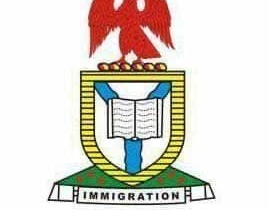
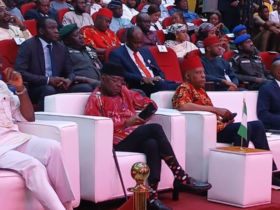
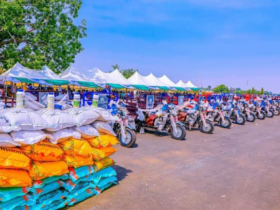
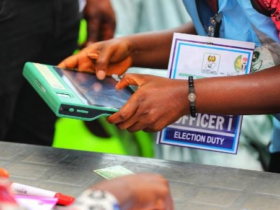
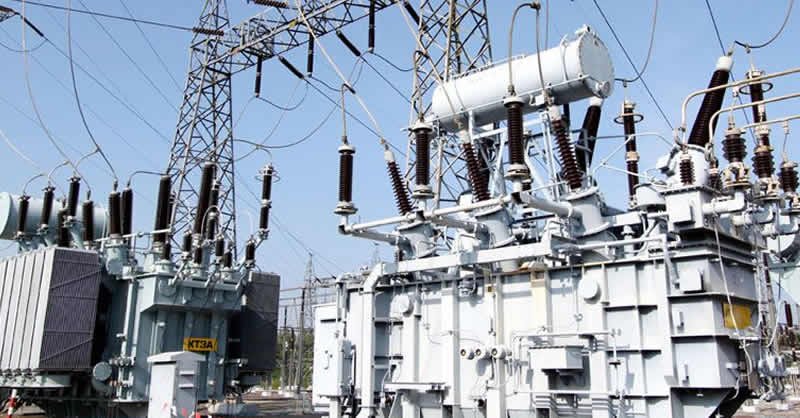


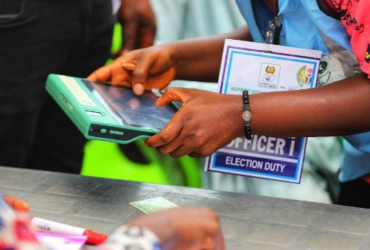

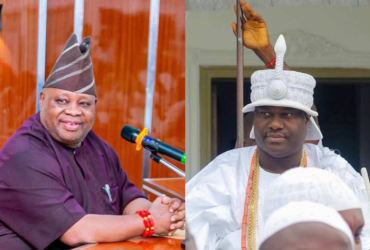
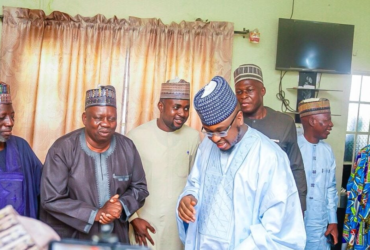
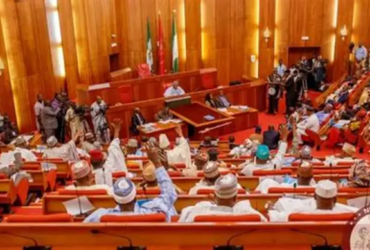
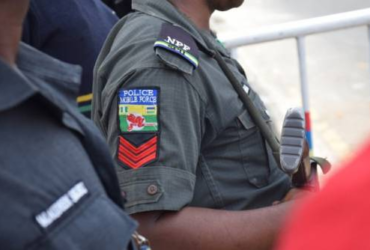
Leave a Reply